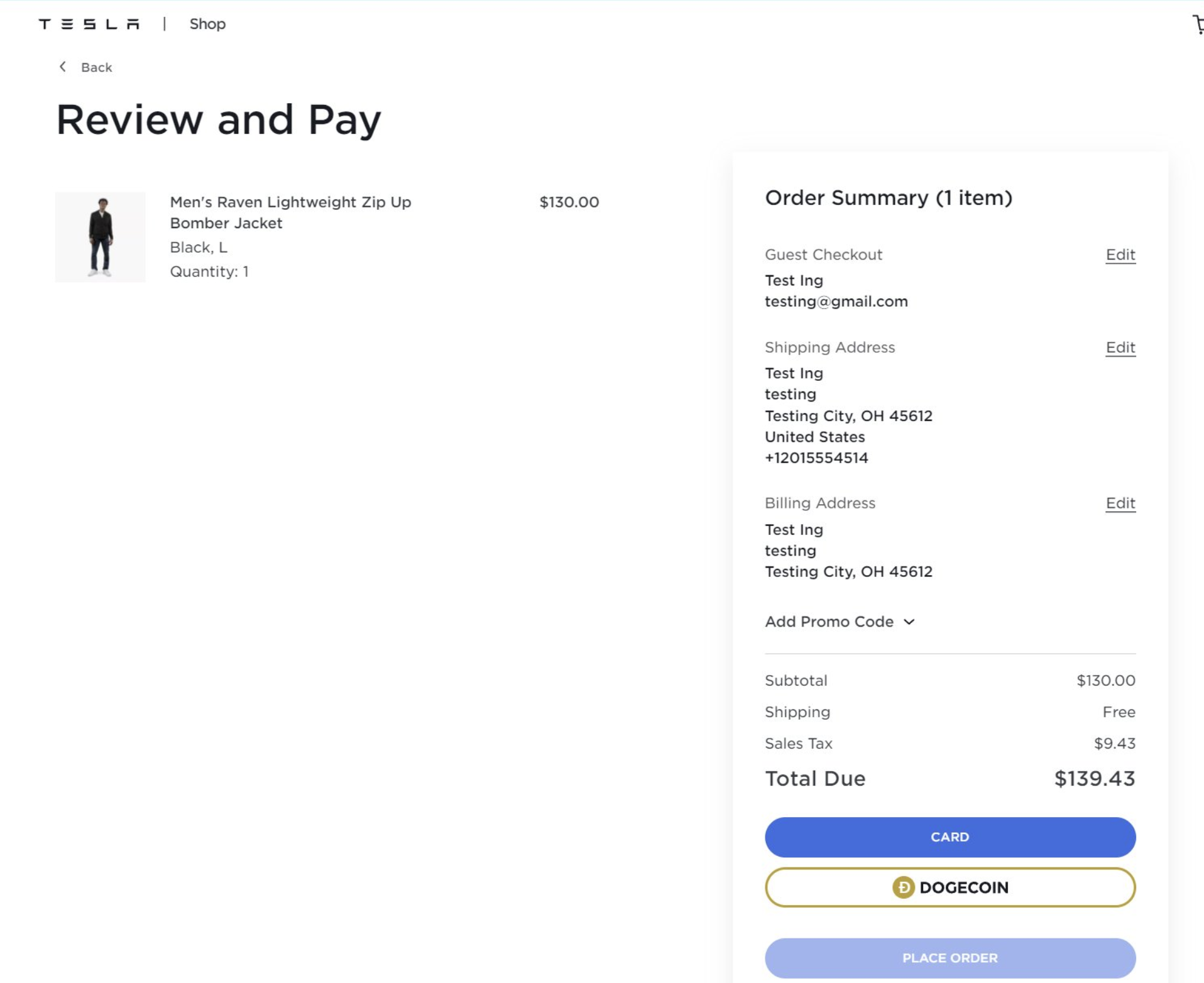Sam Bankman-Fried’s FTX has launched a new venture capital unit, adding billions of dollars in fresh capital to the already bloated private market for crypto investing.
FTX — which has long made investments alongside its sister company Alameda — said in a press release that FTX Ventures aims to “advance global blockchain and web3 adoption, with a broad investment mandate across social, gaming, fintech, software, and healthcare.”
FTX has set aside $2 billion for the venture fund. It has also hired Amy Wu, a former partner at $10 billion venture capital firm Lightspeed, to lead the new business unit and fund.
In an interview with The Block, Wu said that the fund will make strategic, concentrated bets into companies in the crypto market.
“It’s not necessarily tied to the strategy of FTX,” she said. “The objective is more to accelerate the adoption of blockchain technology.”
“We want to be known for the value add that we bring, leveraging the resources, the expertise and the global network of FTX,” she added.
It’s not unusual for companies in the crypto space to make venture capital-like bets. Coinbase formed its own venture operation in 2018 and has invested in hundreds of early-stage crypto startups using money from its own balance sheet. More recently, NFT infrastructure provider Alchemy unveiled its venture arm at the end of last year.
As previously reported by The Block, 2021 was a red-hot year for venture investing in the crypto space.
Just over 1,700 venture capital deals focused on the crypto space occurred in 2021, netting these startups, projects and protocols some $25.1 billion in financing. Several venture firms—including Paradigm and a16z—launched new multi-billion venture funds last year.
© 2021 The Block Crypto, Inc. All Rights Reserved. This article is provided for informational purposes only. It is not offered or intended to be used as legal, tax, investment, financial, or other advice.
Go to Source
Author: Frank Chaparro
